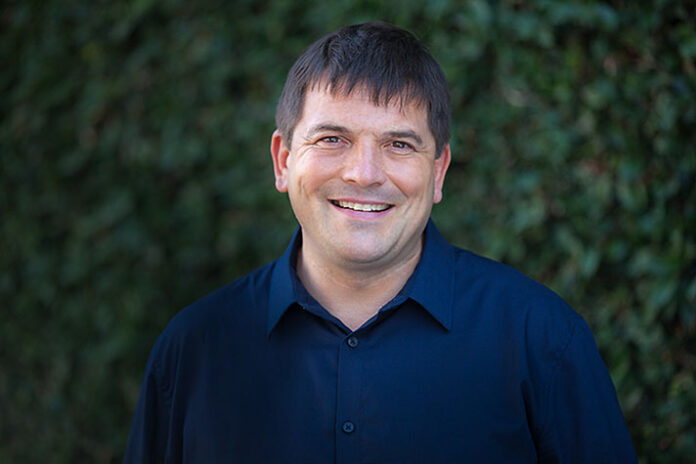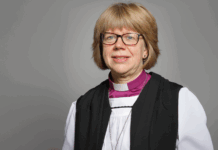My heart aches for all the victims of John Smyth, some of whom I know personally. I remember them as people who were enormously kind to me as a schoolboy, at a difficult time in my life. It’s devastating to discover that people who showed me such compassion were victims of Smyth’s cruel abuse.
These victims have a right to the truth about what happened. I also know that media attention on this issue will be intensely painful to some, and that in speaking about it I have a responsibility to consider both of these things. I hope that in sharing what I know with The Times earlier this week, and again here, I am honouring them. That is certainly my intention.
As a university student in the spring of 1987, I was told that people from Iwerne camps had been beaten by Smyth. At that time, I was not aware of the dreadful severity of those beatings, certainly not that they amounted to criminal assault. However, I could see that it was profoundly wrong and so I made my concerns known soon afterwards.
The Makin report refers only to the information I gave to Church of England authorities in 1991, as a 24-year-old going forward for ordination, which I stand by. However, prior to this I had reported what I knew to senior people in the Iwerne camp hierarchy more than once. In 2017, when the Channel 4 documentary about John Smyth aired, I contacted the Archbishop of Canterbury’s office to repeat again what I knew.
I recognise the need for the safeguarding process the Church of England is now running, and will be praying for those who have the responsibility of investigating. My Permission to Officiate has been removed by the Bishop of London in the meantime. I believe the Church of England has removed PTOs from all those named in the Makin review while it is doing this.
As ever in this process, my thoughts are with the victims who continue to live with the consequences of Smyth’s evil actions. I pray they will find some solace.



